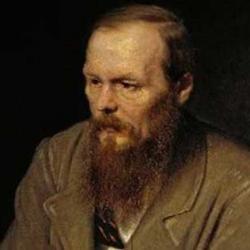Brief reflections on a sermon on Genesis 3 given by Eric Venable at Trinity Presbyterian Church (TPC). The sermon will be available on TPC’s web site in a week or two. 1) Eric emphasized the competing voices of the narrative. God speaks the world into being, and gives commandments, positive (“be fruitful, multiply, subdue, rule”) and negative (“thou shalt not eat”). Adam speaks to Eve. Genesis 3 introduces a new character, the serpent, who also has a speaking part. After... Read more
















